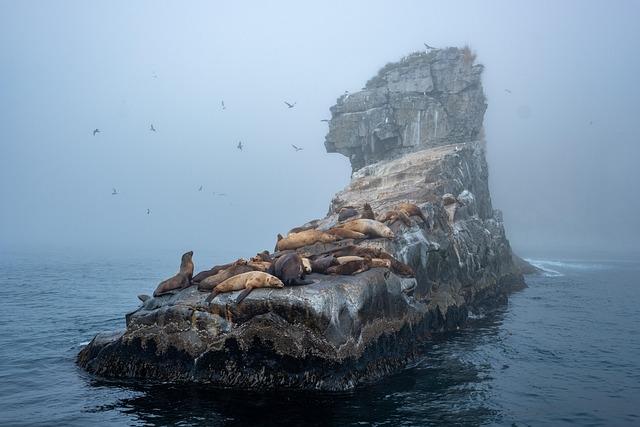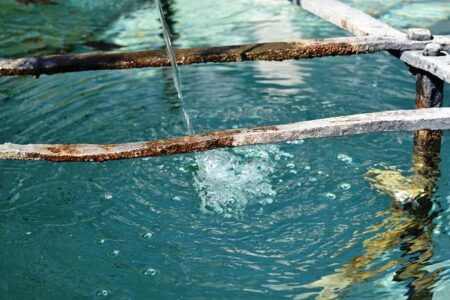In a landmark agreement that marks a notable shift in diplomatic relations, Britain has officially reached a sovereignty deal over the disputed Chagos Islands with Mauritius. The islands, a strategic but contentious territory, have been at the center of a long-standing international dispute since they were separated from Mauritius in the 1960s. This recent progress, reported by CNBCAfrica.com, not only paves the way for potential reconciliation between the two nations but also raises critical questions about colonial legacies and rights to self-determination. As both countries work towards a sustainable resolution, the implications of this agreement resonate beyond their borders, touching on global discussions of sovereignty, human rights, and environmental stewardship. This article will explore the details of the agreement,the historical context surrounding the Chagos Islands,and the potential ramifications for the region and international relations as a whole.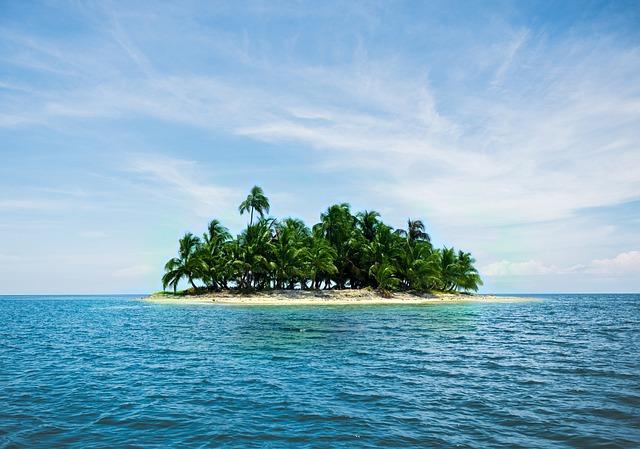
Chagos Islands Sovereignty Deal: Key Highlights and Developments
The recent agreement between Britain and Mauritius over the Chagos Islands marks a significant milestone in the long-standing territorial dispute that has persisted for decades. Following a complex history involving colonial legacies and geopolitical interests, both nations have come to a preliminary understanding that could pave the way for Mauritius to regain sovereignty over the islands. Key elements of this agreement include:
- Transfer of Sovereignty: The UK will transfer control of the Chagos Islands back to Mauritius, recognizing its long-held claims.
- Retention of Military Facilities: Britain may retain access to military installations on the islands for a specified period to ensure strategic interests are upheld.
- Environmental and Cultural Preservation: Provisions will be implemented to protect the unique ecology and cultural heritage of the islands.
This development comes in the wake of international pressure and legal rulings favoring Mauritius, illustrating a shift in diplomatic relations in the region. Although the exact timeline for the transfer is yet to be confirmed, both parties have expressed optimism towards fostering a cooperative future. Discussions are now underway regarding the potential implications for the residents of the islands, with considerations for:
| Impact area | Considerations |
|---|---|
| Resident Rights | Repatriation options for displaced inhabitants. |
| Environmental Stewardship | Strategies for preserving biodiversity. |
| Economic Development | Potential for tourism and sustainable development initiatives. |

Impact on British Overseas Territories and International Relations
The recent agreement between Britain and Mauritius regarding the sovereignty of Chagos Islands marks a significant shift in the geopolitical landscape of British Overseas Territories. The British Government’s acknowledgment of Mauritian claims represents a critical step in addressing longstanding colonial grievances. This deal is expected to enhance diplomatic relations, not only with Mauritius, but also with other nations in the region who have felt the ramifications of historical British territorial decisions. The enhanced cooperation could pave the way for increased investment and development initiatives in the Indian Ocean, as both countries aim to strengthen their ties across various sectors.
Moreover, this agreement may recalibrate Britain’s position on international forums, especially regarding self-determination and territorial rights. With climate change and marine conservation becoming focal points in international relations, the Chagos Islands’ sovereignty could set precedents for similar disputes around the world.Countries with comparable colonial histories may look to this case as a blueprint for negotiating their territorial rights. As British international relations evolve,it will be essential to monitor the implications this deal has for security partnerships and alliance formations in a rapidly changing global landscape.
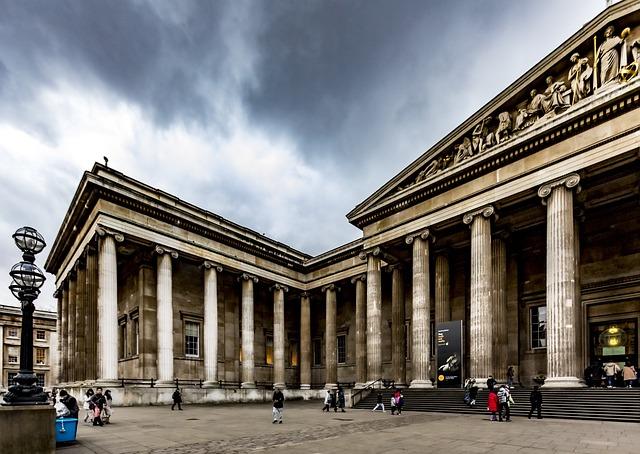
Historical Context of Chagos Islands Dispute and colonial Legacy
The Chagos Islands dispute is deeply rooted in the historical context of British colonialism in the Indian Ocean. In the mid-20th century, as various colonies in Africa and Asia moved toward independence, the UK undertook significant territorial changes in its overseas possessions. During the late 1960s, the British government forcibly removed the indigenous Chagossians from their homeland to make way for a U.S. military base on diego Garcia, one of the islands in the archipelago. This decision was politically motivated, driven by strategic interests during the Cold War, and it resulted in the systematic displacement of an entire population. The Chagossians became stateless and have sought restitution ever since, asserting their rights to return and reclaim their homeland.
decades of legal battles and international advocacy have drawn attention to the injustices faced by the Chagossians.The colonial legacy, characterized by exploitation and disregard for the rights of native populations, sets a poignant backdrop to current negotiations.In recent years, the UK government’s recognition of Mauritius’s sovereignty over the Chagos Islands marks a significant shift in policy, reflecting changing dynamics in international relations and the increasing pressure to resolve historical grievances. this circumstances also encompasses implications for geopolitical alliances, indigenous rights, and reparative justice.As Mauritius and the UK engage in sovereignty discussions, the once marginal voices of the Chagossians have gained increased visibility, underscoring the need for comprehensive dialog that honors their historical plight.
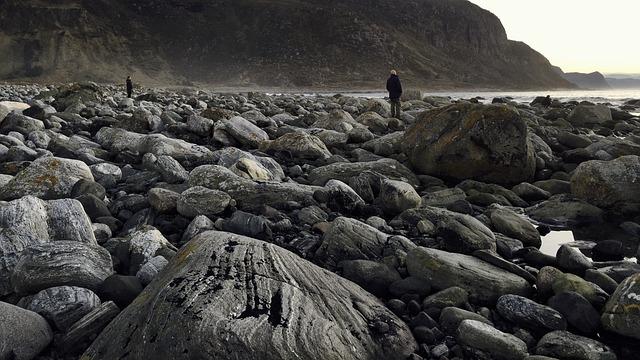
Legal Implications and Future Governance of Chagos Islands
The recent agreement between Britain and Mauritius has significant ramifications for the Chagos Islands, both legally and in terms of future governance. This decision, which has been anticipated for years, demonstrates a shift in the UK’s approach to its former colonies and the lingering impact of colonial legacies. The legal implications surrounding the sovereignty of the Chagos Islands are complex, involving international law, historical treaties, and human rights considerations. As the situation evolves, it will also raise questions about how governance will be established, notably in light of the long-standing disparities experienced by the Chagossian people, who were forcibly removed from their homeland to facilitate British military interests.
In terms of governance, key challenges will need to be addressed to ensure a fair and sustainable future for the Chagos Islands. Future frameworks may involve:
- Restoration of Rights: Addressing the grievances of the Chagossian community and facilitating their return could be a paramount concern.
- Environmental Management: The unique biodiversity of the islands will require careful stewardship,balancing development and conservation.
- Economic Development: Strategies for sustainable tourism and local livelihoods must be prioritized to benefit the local population.
Given these complexities,a comprehensive governance model must be developed. The table below summarizes potential stakeholders in the future governance framework:
| Stakeholder | Role |
|---|---|
| Government of Mauritius | National governance and administration |
| Chagossian Community | advocacy and participation in decision-making |
| International Bodies | Oversight of human rights and environmental standards |
| Non-Governmental Organizations | Support for community development and heritage preservation |
Ultimately, the governance of Chagos Islands will demand a careful balancing of these interests to create a framework that is equitable, sustainable, and respectful of the historical context underlying this unique geopolitical situation.
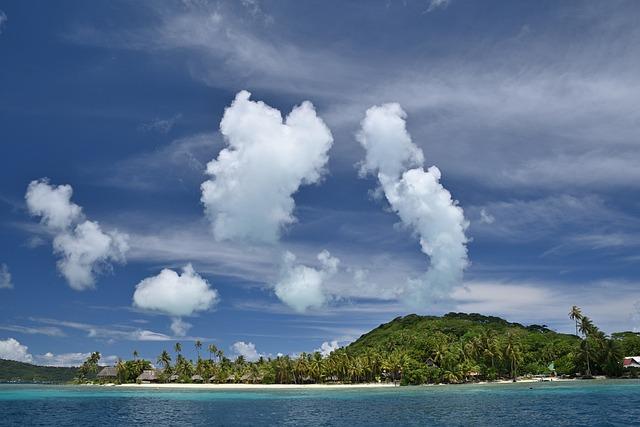
Economic Opportunities for Mauritius and Environmental Considerations
The recent agreement between Britain and Mauritius regarding the sovereignty of Chagos Island opens new avenues for economic growth in the region.This strategic shift has the potential to boost sectors such as tourism, fisheries, and renewable energy, providing a significant enhancement to Mauritius’ economy. Some of the potential economic opportunities include:
- Ecotourism Development: with its pristine beaches and diverse marine life, Chagos could attract eco-conscious tourists, promoting sustainable travel and conservation efforts.
- Fisheries Expansion: The surrounding waters are rich in fish resources, offering opportunities for sustainable fishing practices that can support local communities.
- Renewable Energy Projects: The island’s unique geography allows for the development of offshore wind and solar energy farms, aligning with global sustainability goals.
However, the economic development of Chagos Island must be balanced with environmental stewardship. The ecosystem is fragile,and any expansion must prioritize conservation. It’s imperative that stakeholders consider the following environmental considerations:
- Biodiversity Conservation: Protecting the unique flora and fauna that inhabit the islands should be a primary focus in any development plans.
- Environmental Impact Assessments: Implementing thorough assessments before commencing any project will ensure that economic activities do not compromise ecological integrity.
- Community Engagement: Involving local communities in decision-making processes can lead to more sustainable practices that respect both economic and environmental needs.

Recommendations for sustainable Development and Community Engagement
Considering the recent agreement between Britain and Mauritius regarding the sovereignty of Chagos Islands, it is crucial to emphasize the need for sustainable development strategies that prioritize both environmental preservation and the well-being of local communities. Both nations can focus on integrating community-led initiatives that promote responsible resource management and biodiversity conservation. This can be achieved by establishing frameworks that encourage:
- Community Involvement: Engaging local populations in decision-making processes ensures that development aligns with their needs and cultural heritage.
- Ecotourism Opportunities: Leveraging the natural beauty of the Chagos Archipelago can provide economic benefits while fostering environmental awareness.
- Education and Training Programs: Implementing workshops and training for sustainable practices can empower communities and promote ecological stewardship.
The transition toward sustainable development can also be facilitated through partnerships between government entities, NGOs, and regional stakeholders. Establishing clear governance frameworks that prioritize openness and inclusivity will be essential for long-term success. An effective approach may include the formation of a joint management committee, comprised of representatives from both Britain and Mauritius, that focuses on:
| Action Item | Expected Outcome |
|---|---|
| Regular Community Meetings | Strengthened relationships and shared trust. |
| Environmental Impact Assessments | Informed decision-making and minimized ecological footprint. |
| Emergency Response Plans | Increased resilience to natural disasters and climate change effects. |

The Conclusion
the recent agreement between Britain and Mauritius over the sovereignty of the Chagos Islands marks a significant step in resolving a long-standing territorial dispute. As both nations navigate the complexities of this arrangement, the implications for the Chagossian people, environmental considerations, and regional geopolitics will undoubtedly remain areas of keen interest. This development not only highlights the evolving dynamics of post-colonial relationships but also underscores the importance of dialogue and negotiation in addressing historical grievances. As the situation unfolds, the international community will be watching closely to see how this agreement will impact the future of the islands and their inhabitants. For more insights and updates on this evolving story, stay tuned to CNBCAfrica.com.

